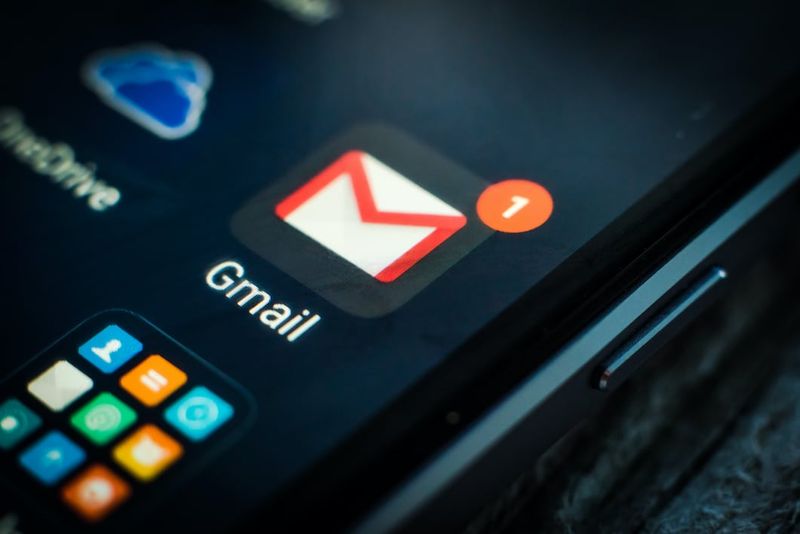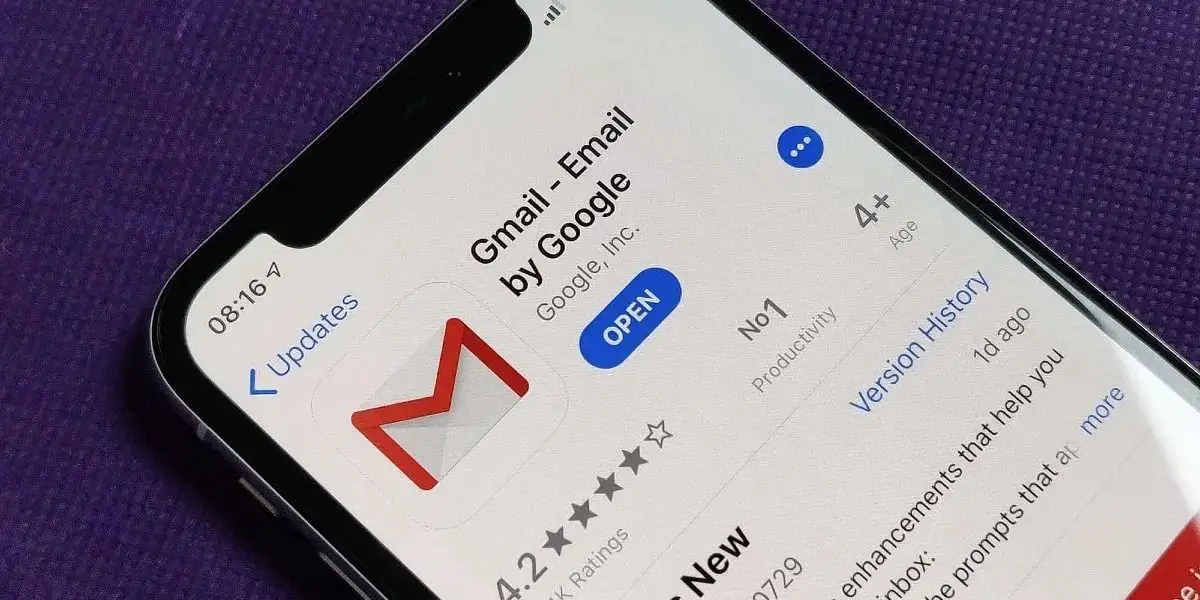Private banking is most interested in driving these changes to Google’s mail platform. Phishing is the crime of tricking people into sharing sensitive information such as passwords and credit card numbers through email platforms such as Gmail.
That’s why Google is officially rolling out support for the BIMI (Brand Indicators for Message Identification) email authentication specification, a year after first announcing plans for a BIMI pilot for Gmail.
Brand Indicators for Message Identification (BIMI) for brands that use DMARC and verified logo are coming to #Gmail –https://t.co/rmN529dqrf #email #cybersecurity #google pic.twitter.com/oVTJi2uZEU
— Elie Bursztein (@elie) July 13, 2021
The new email service security method developed by Google will allow the company to better filter out fake addresses, and make it easier for users to identify scams and fraud attempts.
Details of the new Gmail program

Using BIMI, verified brands can choose to display their corporate logos prominently in the email avatar slot across email clients and service providers.
For this to work, however, email service providers need to leverage BIMI, an emerging industry effort currently backed by notable members, including MailChimp, Twilio’s SendGrid, Valimail, Fastmail, Proofpoint, Verizon Media, and, most importantly, Google.
“BIMI provides email recipients and email security systems with greater confidence in the source of emails and allows senders to provide their audience with a more immersive experience,” Google wrote in a post from its blog.
For validation of this corporate image, Google will ask third-party verification authorities, such as Endtrust Datacard or DigiCert, to issue a verified mark certificate for trademark logos.
This update to Gmail’s systems will verify valid emails, and only then will they display the company’s corporate image in the avatar space of the inbox and within the email.





